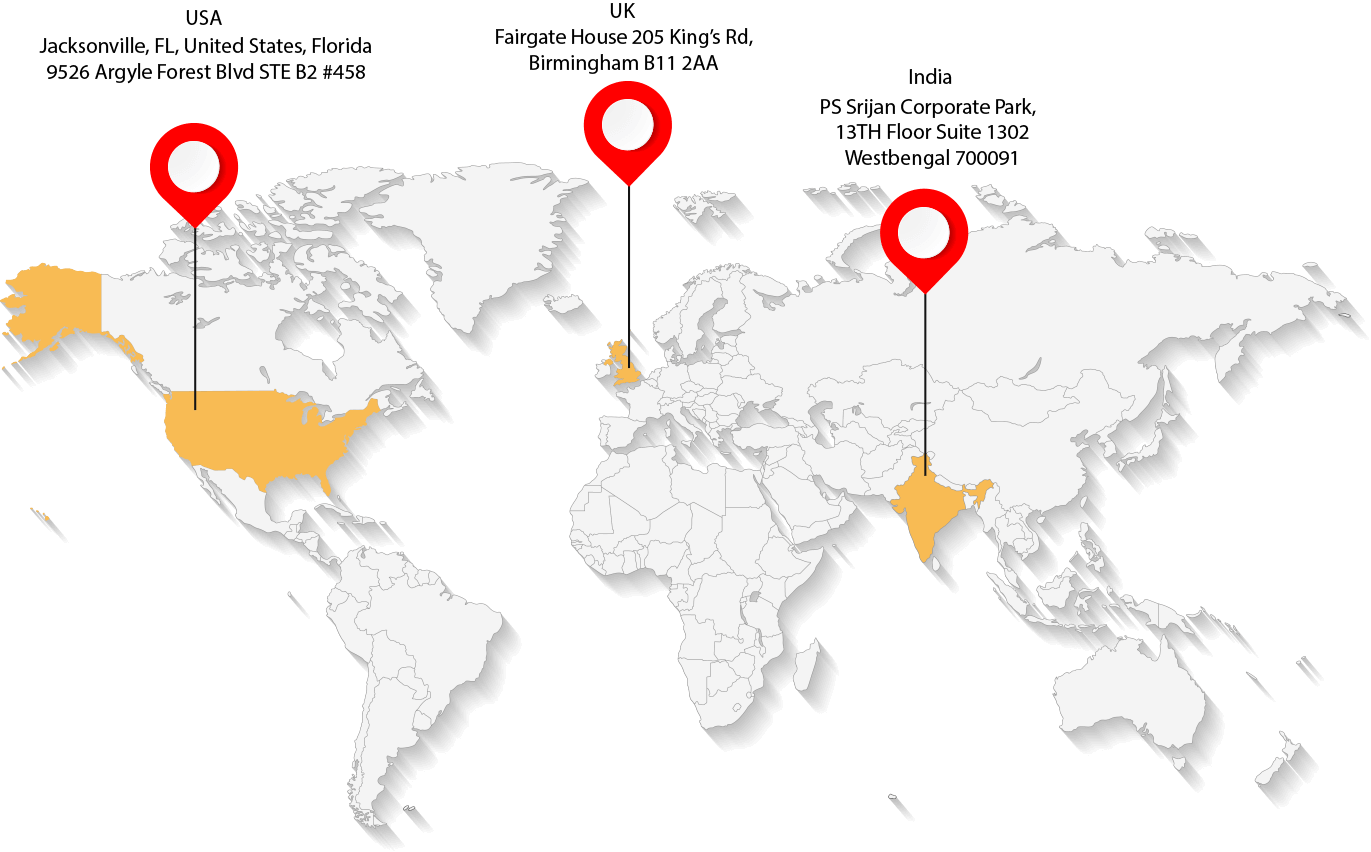Is Laravel a Better Choice over NodeJS: A Feature-Based Comparison
-

Ashok Kumar Singh CEO
- Trending Tech
Table of Contents
- Laravel vs. NodeJS: A Comparison of the Statistics Between the Two
- Laravel vs. NodeJS: A Quick Comparison of the Features
- To Conclude
Laravel vs. Node JS: A Quick Comparison of the Statistics between Two
|
NodeJS |
Laravel |
|
2,65,000+ websites are designed with the aid of NodeJS |
1,35,000 + websites are created with the aid of Laravel.
|
|
NodeJS is a famous framework with a market share of 47.12%. It is also the 8th most preferred web framework, with 67.36% of developers supporting it. |
Laravel is the 12th most used web framework, with a market share of 9.45%. It is also the 15th most preferred web framework, with 54.46% of modern developers supporting it. |
|
It is a renowned framework in countries like India, Russia, the US, Brazil, etc. |
It is a leading framework in countries like Vietnam, Netherlands, Indonesia, etc. |
|
More than 278k live websites are using NodeJS. |
702k live websites use Laravel, among which 1.83% belong to the top 1 million websites. |
|
Various sectors like Arts and Entertainment, Technology and Computers, Finance, etc |
The Engineering and Heavy Industry sectors mainly adopt this framework. |
Laravel vs. NodeJS: A Quick Comparison of the Features
Before we go knee-deep to compare Laravel and NodeJS based on several aspects extensively, let's take a quick look to comprehend how these two frameworks are distinct from one another –
|
POINTS OF DIFFERENCE |
LARAVEL |
NODEJS |
|
BASE |
PHP MVC framework |
JavaScript Runtime Engine of Google Chrome |
|
Market Share |
Quite behind NodeJS in the market share |
Leading in market share compared to Laravel. Has helped in designing websites that rank among the top 10k. |
|
IO Model |
Doesn’t have an IO Model |
Utilised asynchronous and event-driven IO model |
|
In-Built Templates |
The Laravel framework has in-built templates. These are designed to create a basic layout with important segments for each purpose. |
The NodeJS framework does not have any in-built templates. Still, a chance exists to combine third-party tools to fix the issues. |
|
Database |
Perfect for Maria DB and MySQL |
Works seamlessly with Express JS Alternative and is perfect for MongoDB or Mongoose JS. |
|
Security
|
Utilises the Bcrypt Hashing Algorithm and saves hashed and stored passwords. It never saves the password in plain text. |
NPM provides different packages for protection. |
|
Integration with front-end libraries |
Yes |
No |
|
Package Manager |
Compose Package Manager |
NPM or Node Package Manager |
|
Testing |
PHP provides countless testing tools for Laravel. However, there exists a possibility to conduct tests on only two stages, namely, feature and unit tests. |
NodeJS provides testing with the aid of third-party tools like Jest, Lab, Mocha, and code for automated tests with AVA for the ecosystem. |
|
Concurrency |
Multi-threading |
Event-driven |
|
Performance |
Slow |
Fast |
|
Documentation |
Extensive |
Insufficient |
Node JS framework is a JavaScript runtime that enables web developers to run on the server-side utilising JavaScript. This makes it apt for developing high-performance and real-time network applications. On the contrary, Laravel is a PHP web application framework devised for web artisans. It follows the MVC architecture pattern that solves concerns and makes managing huge and complicated codebases incredibly easy.
It is difficult to directly compare both of these web development frameworks as they serve various purposes. If you are still unsure, it will be wise to go through a detailed comparison of Laravel vs. NodeJS. This will allow you to make the best choice based on your specific needs and preferences. Here's wishing you all the luck to making a wise choice!
Frequently Asked Questions
It is quite challenging to make a pick between the two. Laravel provides in-built templates for business, education, and shopping websites. On the other hand, NodeJS needs third-party tools to address different kinds of template needs. Yet, there prevails a chance to combine third-party tools to fix the issue.
Laravel is mainly developed using PHP, a famous server-side scripting language. Again, NodeJS utilised JavaScript, which is a widely used programming language best known for its ubiquity and versatility.
Generally, Laravel is considered more beginner-friendly due to its clear documentation, expressive syntax, and remarkable built-in features that streamline web development tasks effectively.
It also offers a smooth learning curve for developers who have just stepped foot in the world of PHP or web development. But, with the correct resources and dedication to learning, beginners can also master NodeJS efficiently, especially if they are already well-acquainted with JavaScript.
Yes, using both Laravel and NodeJS together in a project is completely possible. They can easily complement one another by leveraging their respective strengths.
For instance, Laravel can easily tackle server-side rendering, business logic and database interactions. Again, NodeJS can easily be used for micro-services, creating APIs and real-time functionality. The amalgamation between the two can be accomplished through RESTful API calls or message queues, helping you to combine the best of both worlds.
Here are certain cases where you should consider using the Laravel web development framework –
- Developing an app that supports microservices architecture
- Developing enterprise-level applications
- Developing a CRM or content-oriented platforms with numerous database tables for backend database management
- Developing scalable products
- Developing high-level security apps
- Designing prebuilt apps with the use of templates
Our Location




